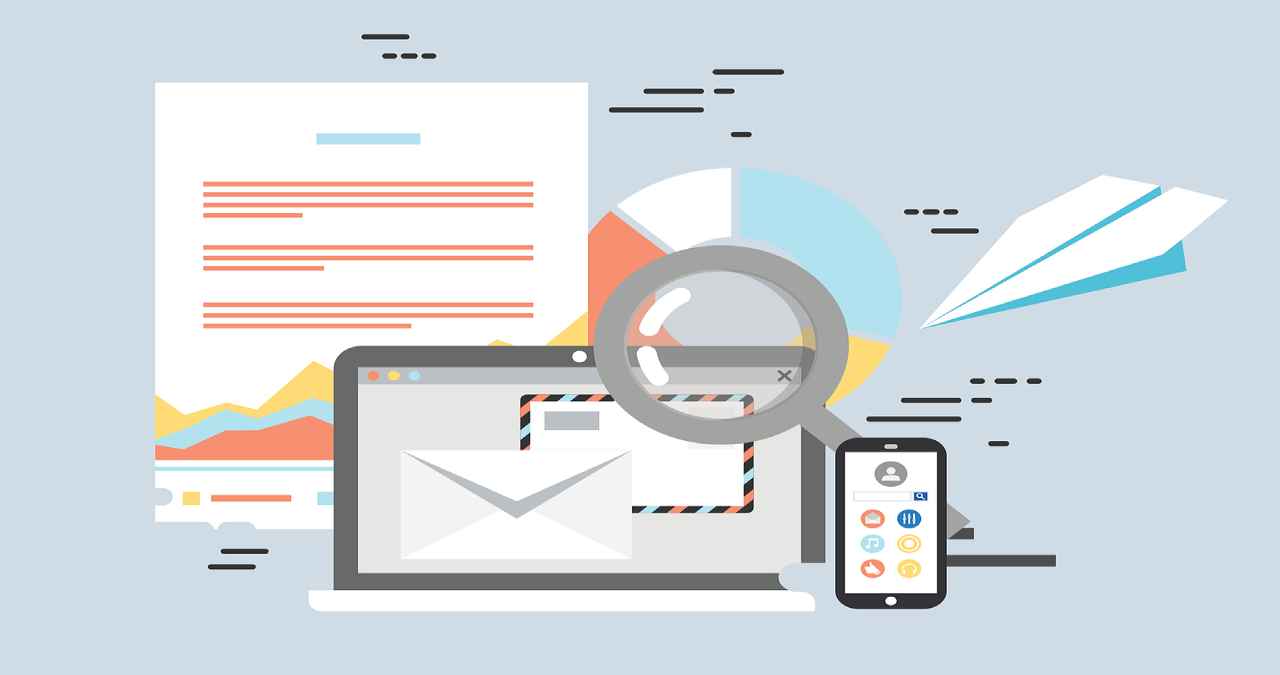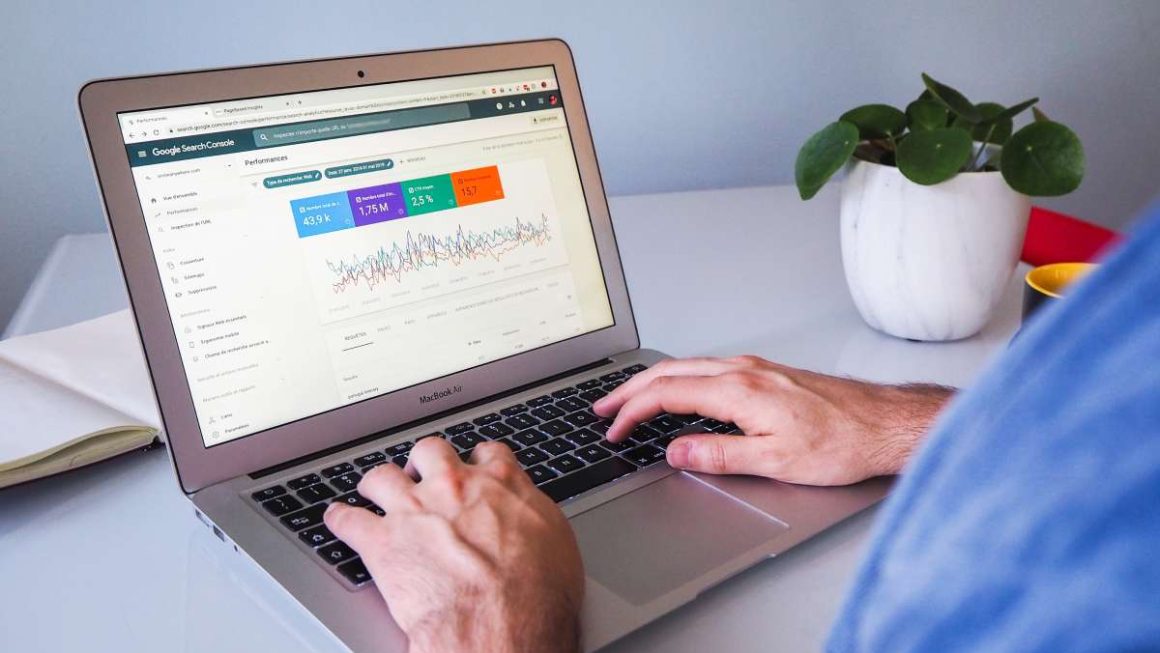With over 3 billion smartphone users worldwide, and 90% of them spending their time on mobile apps, it is no surprise that the mobile app industry is making strides. We have numerous apps on our phone that we actively use for various purposes. With new apps coming in every day, the competition in the app store is growing at a steady pace. This has led to business owners coming up with new tactics to build their brand and engage app users.
Email marketing is widely used by app marketers as a key driver for customer acquisition and retention. It allows app marketers to directly reach users regularly and notify them of promotional deals. Email marketing works better than social media marketing, SEO, PPC and content marketing, as it offers a more targeted viewership and has higher click-through rates. From acquiring new customers, onboarding app users, promoting offers and deals, to increasing app reviews, getting feedback and retaining customers, app developers can use email marketing to effectively engage users.
If you are looking to begin with email marketing for your mobile app or overhaul your existing strategy, here are a few best practices to be kept in mind.
Table of Contents
1. Plan a Strategy
For your app marketing campaign to be successful, you need to have a well-defined strategy in place. Set your email marketing goals and determine what you want to achieve out of your campaigns. Whether you want to achieve higher ROI or drive better engagement, gain new users or simply create brand awareness, define the purpose of your app marketing campaign. This will help you move in the right direction and turn your marketing goals into reality.
2. Choose an ESP
Once your goals are set, choose an ESP based on your product, budget, and the type of emails in your campaign. There are numerous ESPs to choose from, depending on the type of your business. For example, a startup product would need a different ESP than an eCommerce company having millions of monthly users and visitors. Email service providers have various advanced features such as email builders, third party integrations, security tools, and error detection capabilities. Research and choose the features that correspond to your unique business needs.
3. Build and Segment Email Lists
Building a subscriber list is the first step towards building a successful email marketing campaign. App development companies can build subscriber lists by using subscription forms and sign-up forms on their product website. Giving the users exciting offers to download and use the app or offering free downloadable resources is another great way to entice users to opt-in to your email list. Once you have the subscriber list, the next most important step is to segment the users as per their interests, preferences, demographics, and behavior, to target them better.
4. Create Targeted and Personalized Emails
With a segmented email list, you can send targeted emails to specifically focused groups of users. This will make sure the right emails reach the right users, at the right time. Create emails based on user preferences, their buying habits, geographical location, preferences, etc. and add an element of personalization to make the messages resonate more with their needs. Personalized emails are proven to boost trust among users and increase the chances of your emails being opened and read. also go through email list verification
5. Follow Email Design Best Practices
Your subscribers receive hundreds of emails in their inbox regularly. For your app promotion email to stand out in the crowded inbox, it is vital to create top-notch emails that attract user attention. Make the email look professional by using a clean layout and including the right colors. Present your content in a simple, yet effective way by making it crisp and highly personalized. Include a prominent CTA that grabs attention and encourages the users to click and use interactive elements such as images, GIFs and videos to make the emails more engaging. Also, make sure you include social sharing links and unsubscribe links to make it easy for the users to take action.
6. Make your Emails Mobile-Friendly
Majority of your users access their emails on smartphones and hence, you must make your emails mobile-friendly. To ensure the success of your app promotion campaigns, the emails you send must render perfectly irrespective of the screen size or device used to view it. To build such emails, you can use responsive Mailchimp email templates, Salesforce templates or Pardot templates.
7. Test your Emails
Before you hit the send button, it is very important to test your emails. Double-check the links, design elements and message of your email and test it for various devices and email clients to ensure it is error-free and rendering well. Use various combinations of subject lines, CTA placement, send times, etc. to see what works best.
8. Take Feedback and Track Results
For effective email marketing, it is crucial to know if your efforts are paying off. Once you send your emails, the next step is to monitor its performance. Track the open rate, click-through rate, unsubscribe rate, bounce rate, etc. to see how your emails are being received by the subscribers. Also, take timely feedback and reviews from the users to ensure your emails are relevant and effective.
Get Started!
If you are new to using email marketing for your app promotion, following the above practices will help you design and deploy an effective strategy. If you need help, get Mailchimp experts or Salesforce marketing cloud email specialists on the board to strategize, execute, and improve your app promotion campaigns.




